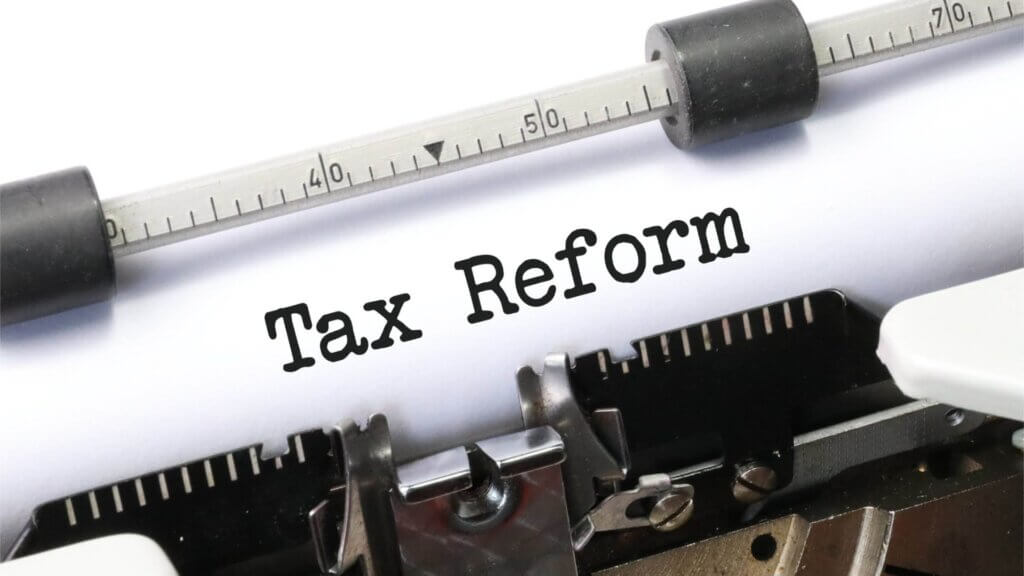Products are selected by our editors, we may earn commission from links on this page.

Many taxpayers are surprised and disappointed to learn that after contributing to Social Security for their entire working lives, most of their Social Security benefits can be taxed after they retire. A new bill called the ‘You Earned It, You Keep It Act’ seeks to change that and allow American taxpayers to keep the money they’ve earned.
Federal Taxes on Social Security Benefits

Unfortunately, about 85% of Social Security benefits can be taxed by the federal government. The benefits are treated like other retirement income and have the highest impact on higher-income beneficiaries.
Why are Benefits Taxed?

Social Security benefits are taxed by the federal government to provide revenue to the program. The idea was introduced in 1983 and was largely motivated by Congress’s interest in funding the program for the long term. The taxes were also introduced to address tax equity issues.
Why Beneficiaries are Frustrated

Many beneficiaries are frustrated by the taxation of their benefits because it feels like they are being taxed twice on the same money: Initially, through FICA while they are working and then again in retirement, when the benefits from the Trust Fund are taxed.
Outdated Thresholds

The thresholds for income were set in 1984 and then expanded in 1993, but these thresholds did not account for the level of inflation that we are seeing in 2025. Because the limits are not adjusted correctly for inflation, recipients who made a modest living and whose benefits were once tax-free are now being taxed.
The New Bill Proposal

The new bill, called the ‘You Earned It, You Keep It Act’ was proposed by Senator Ruben Gallego, a Democratic Senator from Arizona, with Representative Angie Craig from Minnesota. The law seeks to completely eliminate federal taxes on Social Security benefits.
Previous Attempts at Reform

There have been previous attempts at reform that sought to adjust income brackets or reduce taxes to account for inflation. However, this law is unique as it seeks to completely repeal that tax in its entirety.
Concerns About Equity

The bill is born out of a concern for fiscal equity. Currently, the thresholds are $25,000 for singles and $32,000 for couples, but because these have not been adjusted in decades, the percentage of recipients paying has increased significantly.
When It Would Go Into Effect

If Congress approves the new bill, then it would begin in 2026. This means the tax filings for early 2027 would be affected by the tax exemption.
Conclusion

Proponents of the bill push for repeal because they believe it is unfair to penalize those who have worked and contributed to the program for decades of their lives based on thresholds that are not adjusted to account for modern inflation. It is currently under congressional consideration.

